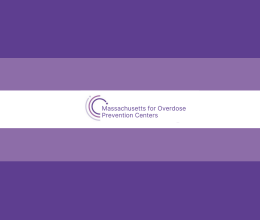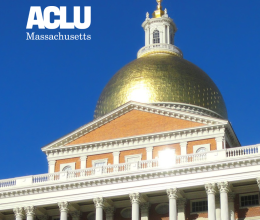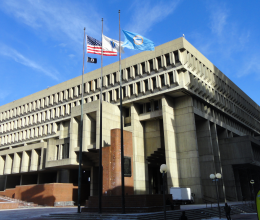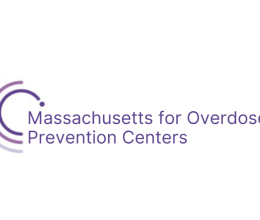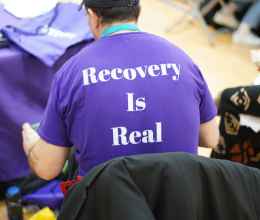
The Supreme Court ruled today that the cruel and unusual punishment clause of the Eighth Amendment does not prohibit cities from punishing unhoused people for sleeping in public, even if they have nowhere else to go. The Court held that punishing a person for sleeping in public, even if they have no other option, punishes conduct, not status, and so Robinson v. California, which established that it is cruel and unusual to criminalize a person’s status, does not apply.
The case, Grants Pass v. Johnson, originated from an Oregon city that passed ordinances barring people from sleeping outside in public using a blanket, pillow, or even a cardboard sheet to lie on. In Grants Pass, Oregon, unhoused people could be saddled with hundreds of dollars in fines and even jail time for sleeping outside, even though the city lacked enough shelter beds.
In spite of this ruling, there is a strong argument that Massachusetts law provides protections for unhoused people.
The ACLU of Massachusetts has long advocated against the criminalization of homelessness and for housing stability. This legislative session, the ACLU backs protections for eviction sealing and access to counsel in eviction cases, as well as legislation to protect homeowners from municipal tax foreclosure and home equity theft. Together, these reforms reduce homelessness by increasing housing stability and keeping economically vulnerable people in their homes.
Carol Rose, Executive Director of the ACLU of Massachusetts, issued the following statement in response to the decision by the Supreme Court:
"We are deeply disappointed by this cruel decision, but it does not eliminate Massachusetts’ state constitutional protections for unhoused people. Make no mistake: We cannot arrest our way out of homelessness; indeed, arrest, incarceration, and institutionalization make people even more vulnerable by separating them from essential support systems and saddling them with records that can bar them from employment and housing opportunities. Instead, states and communities – including in Massachusetts – must prioritize proven solutions, like making housing more affordable, protecting people from unfair evictions, and providing accessible and voluntary mental health or substance use treatment.”
